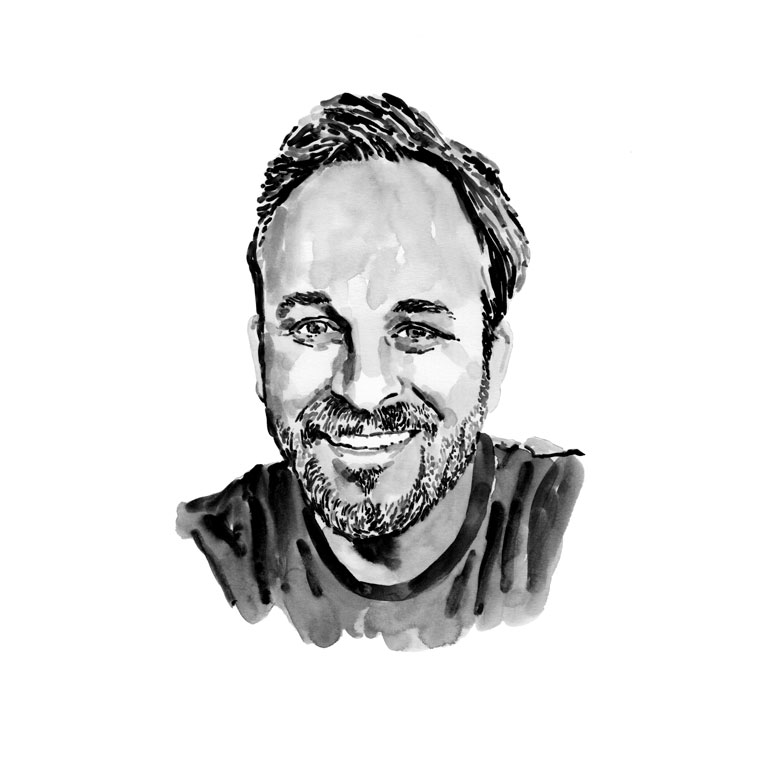Tristan Guttridge

Who I am
My passion for asking questions about animal behaviour has led me to spend more than a decade learning about the behavioural complexities of sharks. I have a BSc in Zoology and PhD in Behavioural Ecology from the University of Leeds, United Kingdom. On completing my doctoral research, I was awarded a prestigious Endeavour Fellowship by the Australian government and conducted a series of innovative experiments exploring shark cognition hosted by Macquarie University, Australia. From 2012 to 2018 I was the director of the Bimini Biological Field Station, where I established long-term research initiatives to investigate migration, philopatry and personality in sharks and rays and created courses for the public for improved outreach and education. I have 65 peer-reviewed publications and book chapters, have appeared in and hosted many documentaries for Discovery Shark Week, National Geographic and the BBC, and was recently awarded a National Geographic Explorer Grant, which is being used to improve our understanding of the habitat, space use and fishery interactions of two endangered hammerhead species. Four years ago, I established the non-profit organisation Saving the Blue with my wife Annie, with the mission to recover and restore threatened marine species while connecting people to ocean wildlife. We aim to promote green, sustainable living through education and outreach, both in person and online. In 2019, I developed our research programme with the STB Science committee, working primarily at Andros Island in The Bahamas. Early initiatives focus on generating data for imperilled large marine vertebrates, such as smalltooth sawfish, great hammerheads and silky sharks, that can be used to improve management that will ultimately lead to the recovery of their populations.
Where I work
Andros is both the largest and least densely populated island of The Bahamas and supports large expanses of pristine, undeveloped ecosystems. There is considerable variation in landscapes and seascapes across the island, with West Andros characterised by shallow, turbid waters connected to a matrix of tidal creeks, and East Andros supporting extensive coral reefs and deeper, clearer waters. Many shorelines are vegetated with mangroves, and nearshore waters are shallow in most areas. However, unlike West Andros where shallow habitats extend tens of kilometres offshore out to the Great Bahama Bank, the waters in East Andros reach a depth of more than 100 metres (328 feet) within one kilometre (0.62 miles) of shore in many locations, dropping to 1000 metres in the Tongue of the Ocean. Because of this, the island provides a diversity of marine habitats, and numerous waterways connecting western and eastern waters permit mobile species to access both protected, shallow waters at West Andros and deeper, coral-rich waters at East Andros. Importantly, there are positive signs of a viable population of smalltooth sawfish at Andros, where healthy habitats can support sawfish of all life stages and may prove crucial to the recovery of the species globally, particularly in neighbouring regions such as Cuba and Turks and Caicos via potential spill-over.
What I do
This project has a wonderful blend of time in the field and time with people, two things I love the most! The days in the field involve exploring areas of Andros Island that few have visited, deploying underwater and aerial cameras to search for the elusive smalltooth sawfish. These days are often long, arduous, sun-baked and usually bug-ridden, but they are worth it for just a glimpse of a sawfish. We typically conduct our field work in small teams of up to nine people. These volunteers come to us from all over the world and are of various ages and backgrounds. This makes for a fun group dynamic, which keeps it fresh and exciting during the long days in the field.
Part of this project also sees us work and interact with, as well as learn from the local community. School visits are always exciting and fun, as you never quite know what bizarre question you might be asked or how your visit influences and inspires the next generation. In addition, workshops and interviews with salt-of-the-earth Bahamians who have lived their lives on Andros, some spending 300 days or more on the water each year, ensure that we learn something new and exciting at each interview! Local knowledge is so important and from my time in The Bahamas I have learnt that experience in a system is critical: keying into signals, and reading the conditions, the tide and such-like can make or break a project.